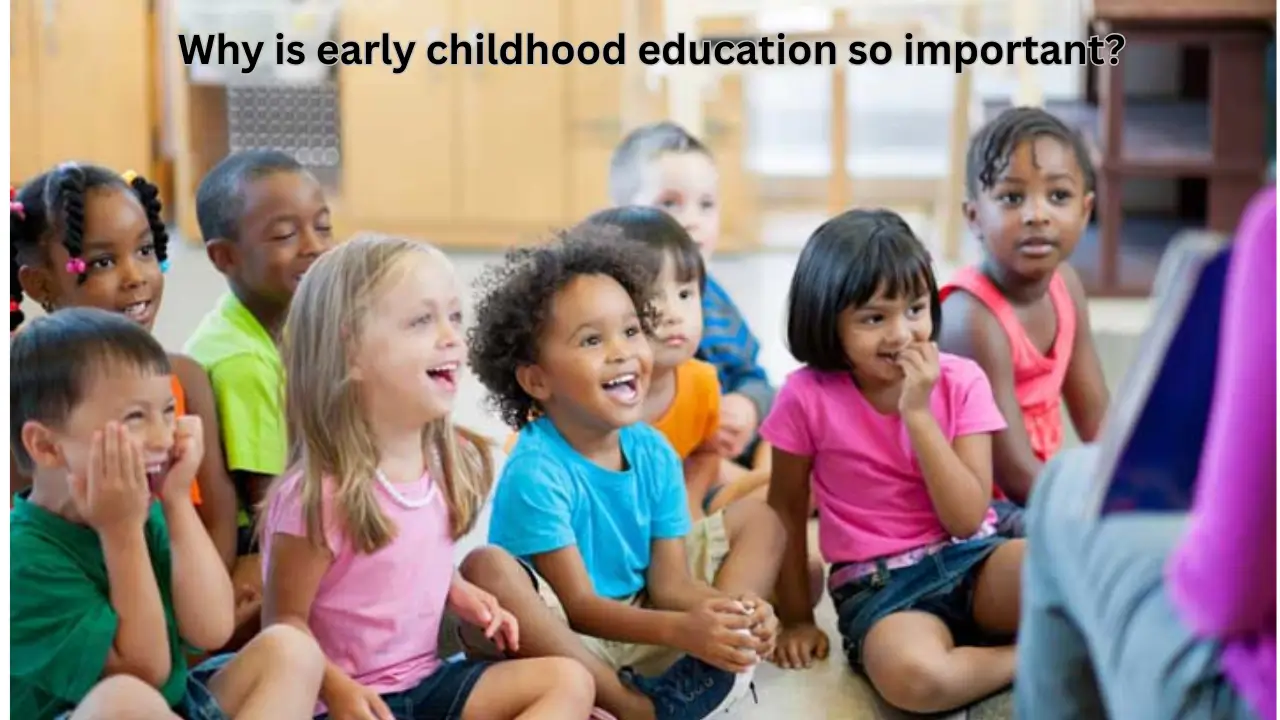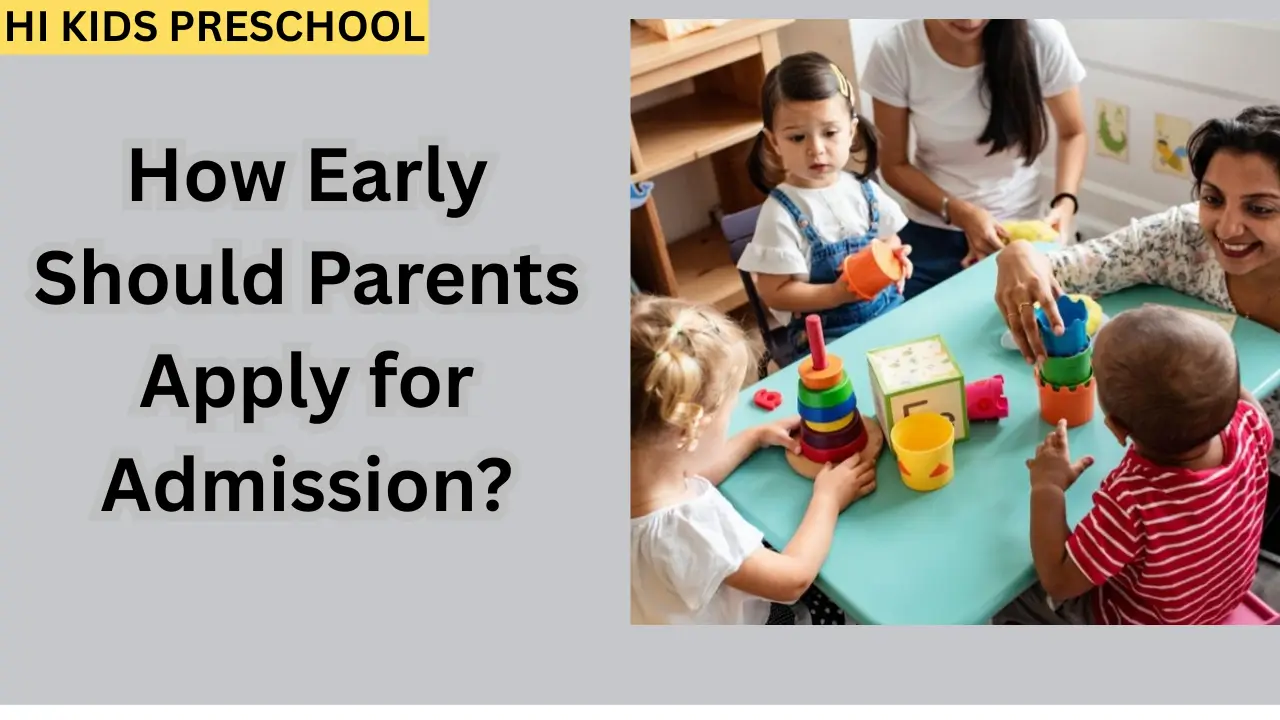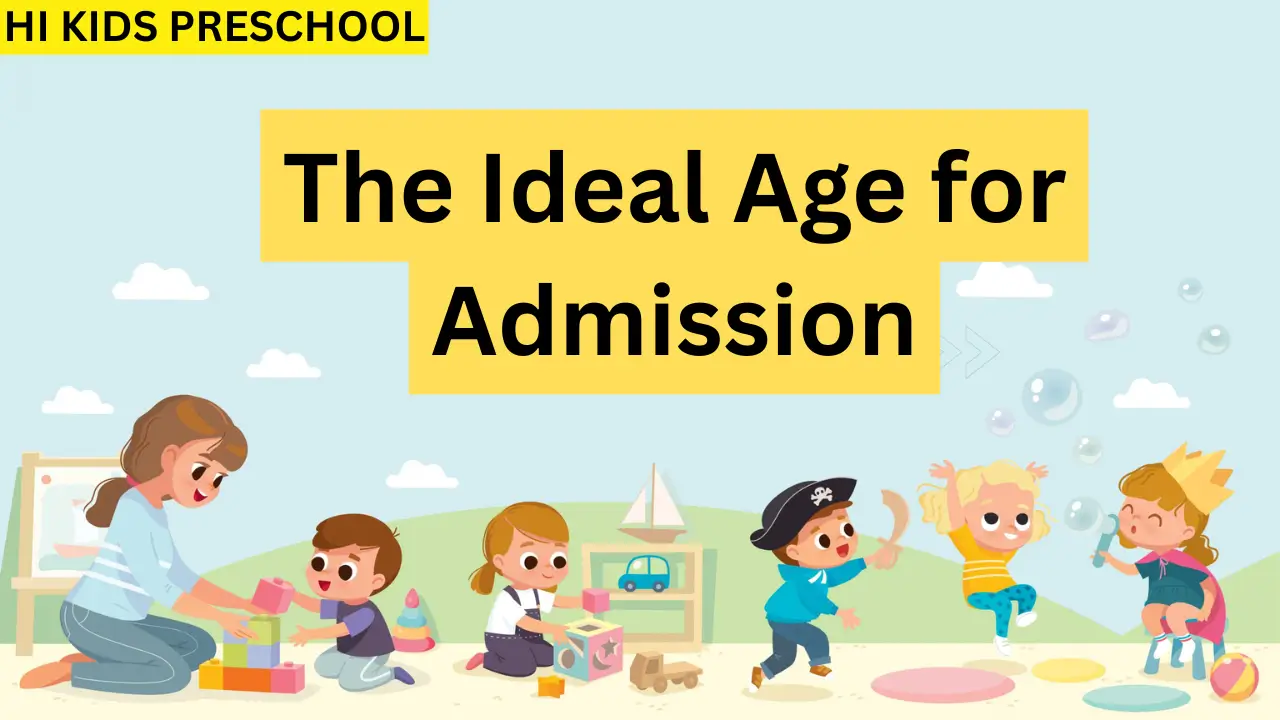Early childhood is one of the most crucial stages in human development. The experiences, environment, and education a child receives during this period set the foundation for lifelong learning, behavior, and health. Researchers and educators around the globe emphasize that early childhood education (ECE) is not just about preparing children for school but also about shaping their emotional, social, and cognitive growth.
Understanding Early Childhood Education
Early Childhood Education (ECE) refers to formal and informal teaching and learning methods offered to children from birth to around 8 years of age. This stage includes preschool, kindergarten, and early primary years. The goal of ECE is to nurture curiosity, creativity, confidence, and core life skills in young children.
Why Early Childhood Education Matters
1. Brain Development
- Nearly 90% of brain development occurs by the age of five.
- Early experiences and interactions directly influence a child’s capacity to learn and adapt.
- Positive early education fosters stronger neural connections leading to better memory, language, and problem-solving skills.
2. Social and Emotional Growth
- Children in quality ECE programs learn empathy, sharing, patience, and cooperation.
- Structured playtime helps in developing teamwork and respect for others.
- Emotional stability developed at this stage reduces behavioral challenges in later years.
3. Academic Preparedness
- Early exposure to literacy and numeracy concepts helps children succeed in primary school.
- Children who attend preschool have higher achievement rates and lower chances of grade repetition.
4. Building Lifelong Skills
ECE instills skills such as:
- Communication and language development
- Problem-solving and creativity
- Critical thinking and decision-making
- Adaptability and resilience
5. Breaking the Cycle of Poverty
- Studies show that children from disadvantaged backgrounds who receive early education have greater chances of completing school and securing better jobs.
- Early investment in education reduces inequality and promotes long-term social benefits.
Key Benefits of Early Childhood Education
Here’s a table summarizing the major benefits of early learning:
| Aspect | Impact of Early Childhood Education |
|---|---|
| Cognitive Development | Faster brain growth, better problem-solving, stronger academic foundation |
| Social Skills | Improved teamwork, empathy, communication, and conflict resolution |
| Emotional Stability | Higher self-esteem, reduced behavioral issues, better coping strategies |
| Health & Well-being | Promotes healthy routines, better nutrition awareness, stress management |
| Economic Impact | Higher earning potential, reduction in crime, and stronger economy in future |
Latest Updates (2024–2025) in Early Childhood Education
- Digital Integration in Learning: Modern ECE programs are introducing interactive digital tools like AI-powered learning apps and adaptive games. However, educators stress balancing screen time with physical play.
- Focus on Holistic Development: Curricula now emphasize not just reading and math skills but also mindfulness, mental health awareness, and life skills.
- Parental Engagement: Governments and institutions are investing in parent-training workshops to strengthen the home-school learning ecosystem.
- Inclusive Education: Increased efforts are being made to include children with disabilities and diverse learning needs in mainstream early education.
- Policy Support: Several countries are implementing policies to ensure universal access to preschool education, recognizing that ECE is a fundamental right.
Challenges in Early Childhood Education
While the importance of ECE is widely acknowledged, challenges still exist:
- Unequal access due to economic and geographic factors
- Shortage of trained teachers specializing in early education
- Overemphasis on academics instead of balanced learning
- Affordability and sustainability of quality programs
- Integration of technology in a child-friendly and safe manner
How Parents and Communities Can Contribute
- Active Participation: Parents should engage in reading, storytelling, and creative play with children.
- Consistency at Home: Reinforce lessons from school with simple practices at home.
- Creating a Stimulating Environment: Provide safe, playful, and curiosity-driven spaces for children.
- Valuing Teachers: Communities can support ECE educators through training opportunities and recognition.
The Economic Argument for Early Childhood Education
Investing in ECE is not just beneficial for children but also for society as a whole. Economists suggest that every dollar spent on quality early education yields significant long-term returns through:
- Higher productivity
- Reduced social welfare costs
- Lower crime rates
- Stronger workforce development
Conclusion
Early childhood education is much more than preparation for school—it is preparation for life. By nurturing the physical, emotional, social, and intellectual growth of children during their critical formative years, we help them build a strong foundation for the future. As the world evolves, embracing new developments in ECE while addressing its challenges will be essential to create a generation that is not only academically capable but also emotionally intelligent, socially responsible, and resilient.

















